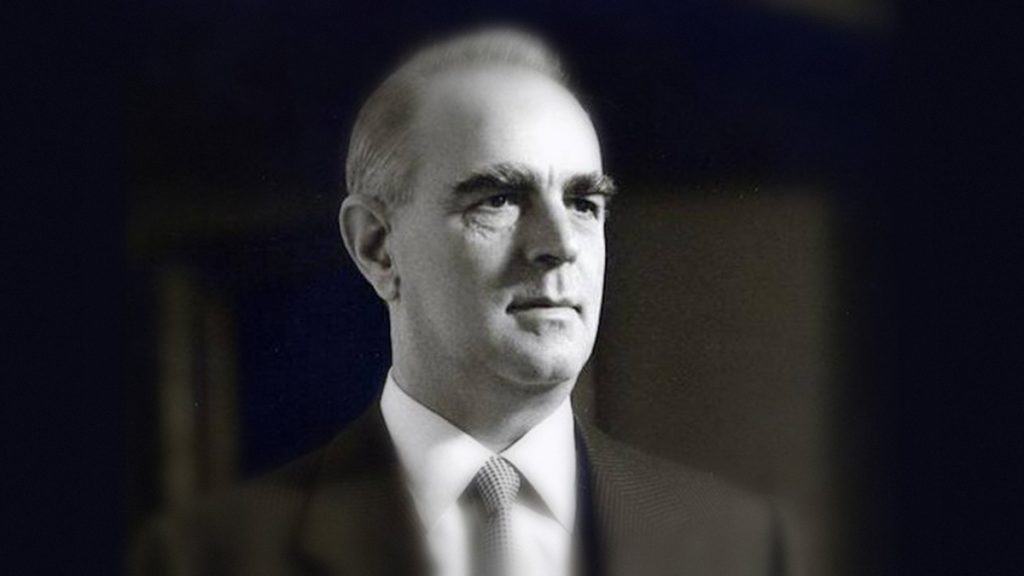Konstantinos Karamanlis is regarded as one of the most influential Greek politicians in modern history. However, his career, like that of any Greek politician, was marked by both brilliance and controversy due to the turbulent times he navigated.
Serving as Prime Minister before and after the Greek Military Junta, which officially ended in 1974, Karamanlis also held the presidency of Greece from 1980 to 1985 and from 1990 to 1995. He was notably the first Prime Minister elected under the new constitution post-dictatorship. Here's an overview of his life and political career:
Early Life and Political Career
Karamanlis was born on March 8, 1907, in Proti, a small Macedonian town, and was one of seven siblings. His father was a teacher and political activist. After earning a law degree from the University of Athens, Karamanlis practiced law before entering politics. In 1935, he won a seat in the Greek Parliament, eventually serving 11 terms. He held various cabinet positions, focusing on rebuilding Greek industries post-World War II and aiding the nation's refugees.
Becoming Prime Minister
Karamanlis served as Greece's Prime Minister from 1955 to 1963 and again from 1974 to 1980. In 1952, he was appointed public works minister by Prime Minister Alexander Papagos, where he implemented infrastructure projects to boost tourism and the economy. Upon Papagos' death, Karamanlis succeeded him as Prime Minister, forming the National Radical Union Party. He continued infrastructure development and focused on education and agriculture. Despite his successes, Karamanlis resigned in 1963 due to disagreements with King Paul over power-sharing.
Greek Military Junta
In 1967, a military coup led to a junta ruling Greece until 1974. Upon its collapse, Karamanlis returned to Greece, reassuming the role of Prime Minister to restore democracy and civil liberties. He prioritized Greece's entry into the European Economic Community and was later elected President in 1980. Despite his efforts, he resigned in 1985 after facing opposition to his reelection bid.
He returned to office in 1990 but passed away on April 23, 1998. Karamanlis' legacy endures through the democratic freedoms enjoyed by the Greek people today, a testament to his enduring commitment to democracy and civil liberties during one of Greece's most tumultuous political periods.
Stay updated with the latest news from Greece and around the world on greekcitytimes.com.
Contact our newsroom to share your updates, stories, photos, or videos. Follow GCT on Google News and Apple News.


